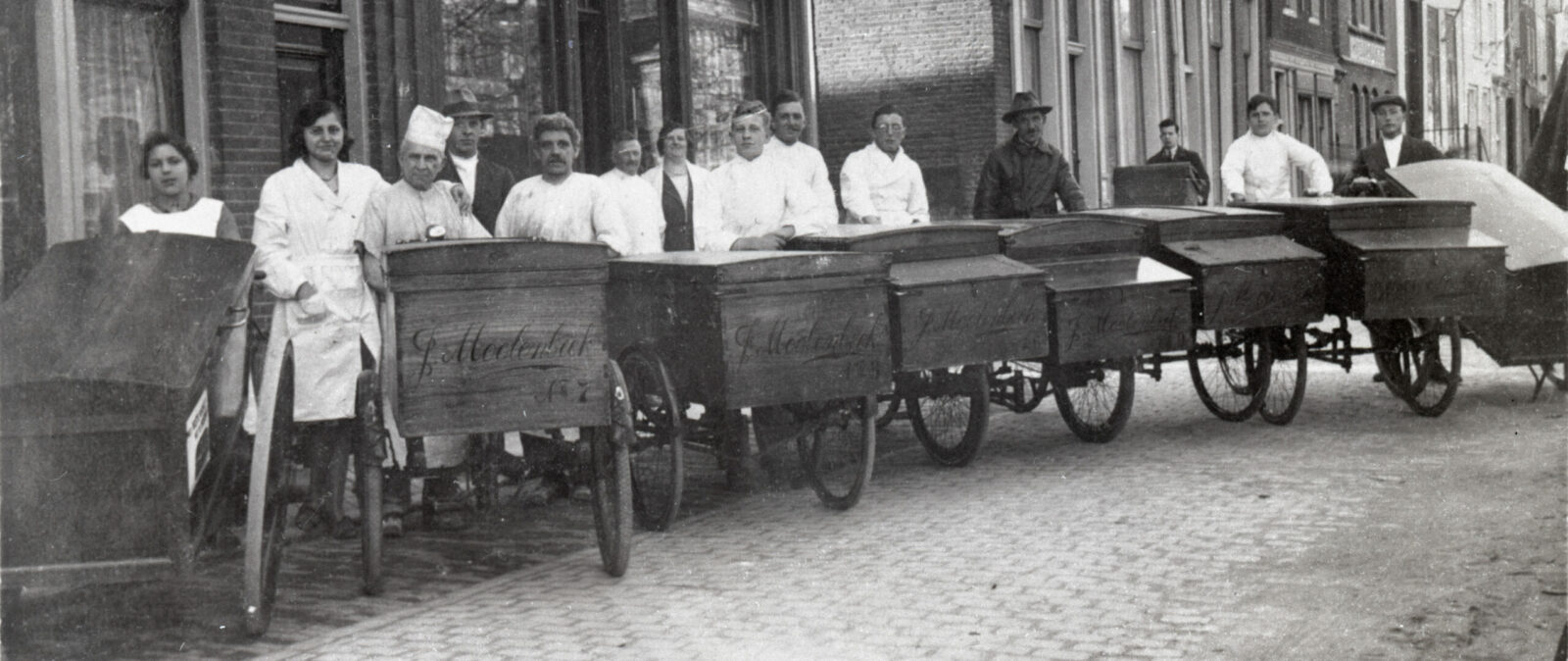Research Network ‘Inclusion, Exclusion, and Mobility’
The Flemish-Dutch research network on ‘Inclusion, Exclusion, and Mobility’ is a network for scholars working on the broad field of social history from the late medieval period to the present. It also welcomes PhD-researchers who work on stand-alone projects that relate to social history.
Research directors
Dr Kristof Loockx (University of Antwerp)
Dr Swantje Falcke (Utrecht University)
Description
Researchers in the Inclusion, Exclusion and Mobility network are interested in how past communities functioned, looking at both the forces that kept people and social groups together and at what drove them apart. Research topics include the study of social relations, group formation, and social conflicts, in both urban and rural settings.
Focus points
- The inclusion and exclusion of social groups due to factors such as gender, race, ethnicity, or class. Processes of inclusion and exclusion are quintessential to examine the ways communities functioned and are strongly linked to the balance of power within communities. As such, research on the role of intersectionality in community forming and the tools used to define these communities is an important component of this network. We want to explicitly look at the vulnerable and less powerful groups within these communities and at how their position, level of agency, and capacity to navigate historical changes can be defined.
- The effects of mobility and immobility. Migration – internal, seasonal, emigration, immigration, asylum, forced movement, return – was an integral part of late medieval, early modern and modern societies, impacting significantly upon the ways in which they functioned. But, mobility does not solely relate to the geographical movement of people. Our researchers also work on processes of social mobility and immobility, studying to what extent the position of groups and individuals within societies changed over time.
- The role of institutions within societies. We are particularly interested in the impact of institutions on processes of inclusion and exclusion and on geographical and social mobility within communities. Several of our researchers focus on the rise of ‘civil society’ or, in other words, the institutions that do not belong to the market or state, but are formed by citizens, such as guilds, churches, voluntary associations, charitable bodies, NGOs, etc.
Projects
- ‘Just passing through? Transit migration in the Low Countries, 1780-1870’, Dr Marjolein Schepers (Vrije Universiteit Brussel), FW
- ‘Dangerous cities? Mapping criminality in Leiden and Amsterdam, 1850-1905’, Dr Marion Pluskota (Leiden University), DANS project
- ‘Tolerant migrant cities? The case of Holland 1600-1900’, Professor Manon van der Heijden (Leiden University) and Professor Leo Lucassen (IISH), NWO-Vrije Competitie
- ‘The make-up of the city: a transdisciplinary study of urban society in the pre-modern Low Countries’, Dr Bart Lambert (Vrije Universiteit Brussel), IRP Project VUB Research Council
- ‘Cities and newcomers: arrival infrastructure, multi-scalar statehood and professional intermediaries’, Professor Anne Winter (Vrije Universiteit Brussel), IRP Project VUB Research Council.
- ‘Antwerp Interdisciplinary Platform for Research into Inequality (AIPRIL). In search of inequality: a socioeconomic examination within a global and historical framework’, Professor Bruno Blondé (University of Antwerp), Methusalem Project.
- ‘Extra-territoriality in the late medieval city. Urban agency and the meaning of enclaves and liberties in the urban social and economic fabric (14th-16th centuries)’, Professor Peter Stabel (University of Antwerp), FWO Senior Research Project.
- ‘Accommodating (im)mobility. Spaces of accommodation as hubs between global migration flows and local urban life, 1850-1930’, Professor Hilde Greefs and Dr Greet De Block (both University of Antwerp), BOF DOCPRO senior.
Other activities
- Accommodating researchers in the Netherlands and Flanders working on these topics and facilitating their work
- Encouraging collaboration between scholars from different universities in the two countries, including scholars in other Posthumus research networks, most notably from the research network ‘Life-courses, Family, and Labour’.
- Organising conference sessions, workshops and masterclasses
- Providing financial and logistical support to PhD researchers, postdoctoral fellows, and senior researchers who want to organise scientific meetings related to the interests of this network.
- Facilitating publication of its members’ work, for example through guest editorships or special issues in both international and Dutch-Flemish academic journals, such as The Low Countries Journal of Social and Economic History.


